Best Companion Plants For Sunflowers
Best Companion Plants for Sunflowers
Sunflowers are a beautiful and popular garden flower. They are also relatively easy to grow, making them a great choice for beginner gardeners. But did you know that there are certain plants that can actually help sunflowers thrive? These are known as companion plants.
Companion planting is a gardening technique that involves planting different types of plants together in order to benefit each other. The plants can provide each other with shade, nutrients, pest control, or pollination.
There are many different companion plants that can be paired with sunflowers. Some of the best include:
- Lettuce: Lettuce is a cool-season crop that enjoys some shade, which sunflowers can provide. Lettuce also helps to suppress weeds and attract beneficial insects.
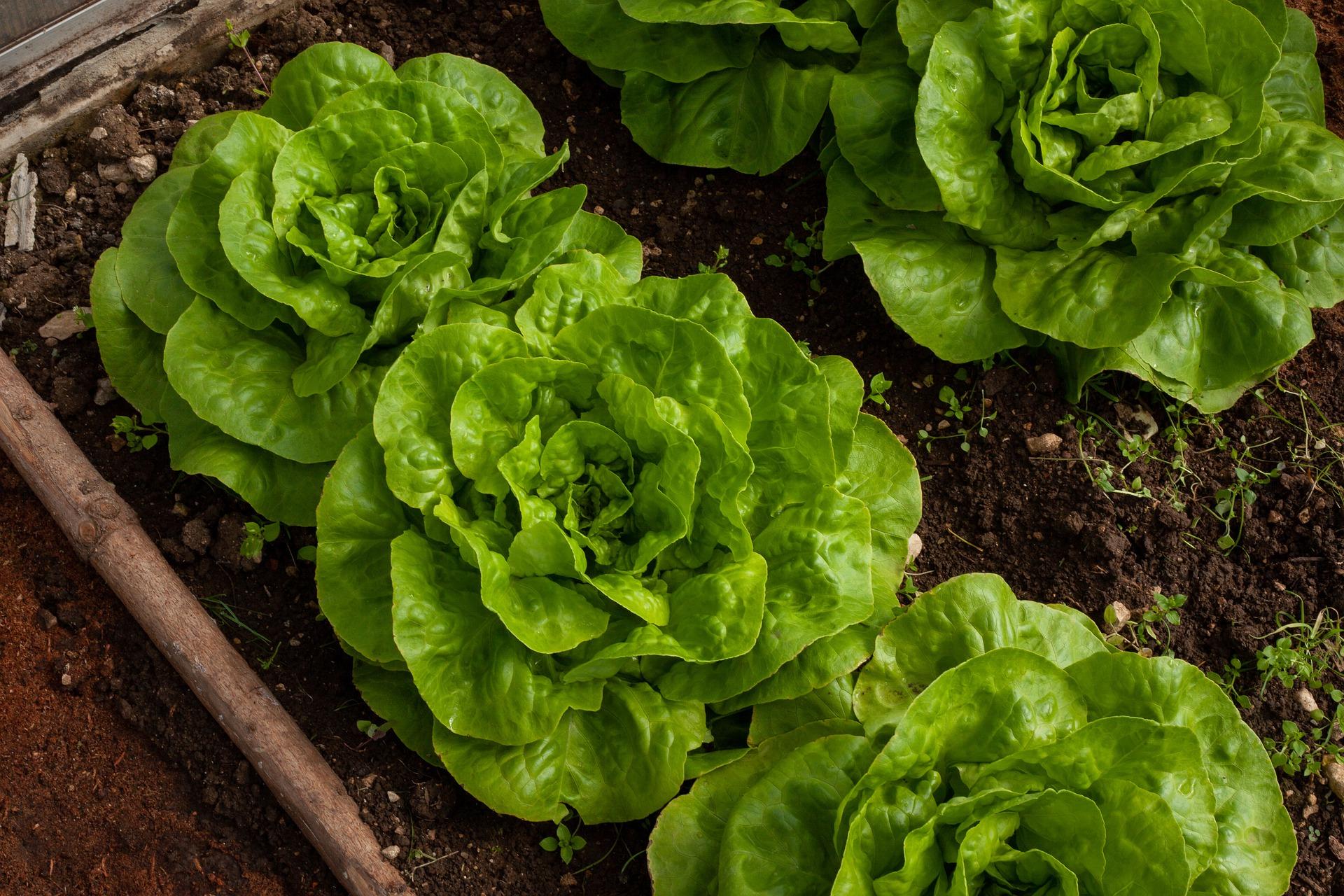
- Cucumbers: Cucumbers and sunflowers are both heavy feeders, so they can benefit from being planted together. Cucumbers also help to suppress weeds and attract pollinators.

- Nasturtiums: Nasturtiums are a beautiful and colorful flower that also helps to deter pests. They are a good choice for planting around sunflowers to help keep them free of pests.

- Peas: Peas are a nitrogen-fixing plant, which means they can help to improve the soil quality for sunflowers. They also help to suppress weeds and attract pollinators.
- Kale: Kale is a cool-season crop that enjoys some shade, which sunflowers can provide. Kale is also a good source of nutrients, which can benefit sunflowers.

- Onions: Onions help to repel pests, such as aphids and beetles. They are a good choice for planting around sunflowers to help keep them pest-free.
- Garlic: Garlic is another pest-repelling plant that can be planted around sunflowers. It also helps to improve the soil quality.
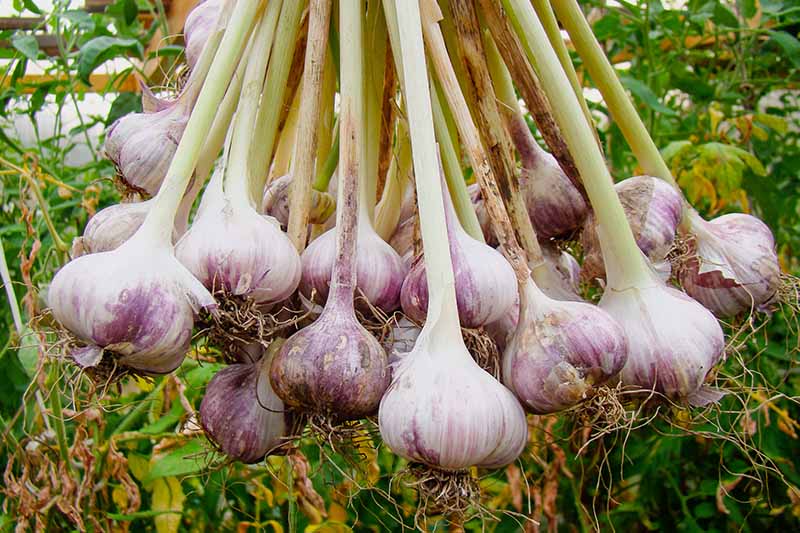
- Summer squash: Summer squashes, such as zucchini and yellow squash, are a good choice for planting under sunflowers. They help to suppress weeds and attract pollinators.
In addition to these plants, there are many other companion plants that can be paired with sunflowers. When choosing companion plants, it is important to consider the needs of both plants. For example, some plants prefer full sun, while others prefer shade. Some plants are heavy feeders, while others are not.
By carefully choosing companion plants, you can help your sunflowers thrive and produce beautiful flowers.
FAQ of companion plants to sunflowers
Question 1: What are the best companion plants for sunflowers?
Answer:
The best companion plants for sunflowers include:
- Crimson clover: This legume helps to fix nitrogen in the soil, which benefits the sunflowers. It also attracts beneficial insects, such as ladybugs and lacewings.
- Pumpkins: Sunflowers provide shade for pumpkins, which helps to prevent them from getting sunburned. Pumpkins also help to suppress weeds, which can compete with sunflowers for water and nutrients.
- Squash: Like pumpkins, squash can help to suppress weeds and provide shade for sunflowers. They also attract pollinators, which help to improve the sunflowers' yield.
- Corn: Corn and sunflowers are both tall plants, so they can help to support each other. Corn also provides shade for sunflowers, which can help to prevent them from getting sunburned.
- Lettuce: Lettuce is a cool-season crop that benefits from the shade provided by sunflowers. It also helps to suppress weeds, which can compete with sunflowers for water and nutrients.
Question 2: What are some plants that should not be planted near sunflowers?
Answer:
Some plants that should not be planted near sunflowers include:
- Beans: Beans and sunflowers compete for nitrogen, so it is best to avoid planting them together.
- Cucumbers: Cucumbers and sunflowers both require a lot of water, so planting them together can lead to water competition.
- Potatoes: Potatoes and sunflowers both attract the same pests, so planting them together can make it more difficult to control pests.
- Peppers: Peppers and sunflowers compete for sunlight, so planting them together can stunt the growth of both plants.
- Melons: Melons and sunflowers both require a lot of space, so planting them together can lead to overcrowding.
Question 3: How far apart should sunflowers be planted?
Answer:
The distance between sunflowers depends on the variety of sunflowers you are planting. For varieties that are 2-5 feet tall, you should leave about 6 inches between them. For varieties that are 6-8 feet tall, you should leave about 12 inches between them.
Question 4: How do companion plants benefit sunflowers?
Answer:
Companion plants can benefit sunflowers in a number of ways, including:
- Attracting pollinators: Many companion plants attract pollinators, such as bees and butterflies. These pollinators help to pollinate the sunflowers, which leads to a better yield.
- Suppressing weeds: Some companion plants, such as squash and corn, can help to suppress weeds. This frees up the sunflowers to focus on growing and producing flowers.
- Providing shade: Some companion plants, such as lettuce and marigolds, can provide shade for sunflowers. This can help to prevent the sunflowers from getting sunburned, especially during hot weather.
- Improving soil quality: Some companion plants, such as legumes, can help to improve soil quality. This can benefit the sunflowers by providing them with more nutrients and better drainage.
Question 5: What are some other benefits of companion planting?
Answer:
In addition to the benefits listed above, companion planting can also:
- Reduce the need for pesticides: Companion plants can help to attract beneficial insects that help to control pests. This can reduce the need for pesticides, which can be harmful to the environment.
- Improve crop diversity: Companion planting can help to improve crop diversity. This can make your garden more resilient to pests and diseases.
- Increase yields: Companion planting can help to increase yields. This is because companion plants can help to improve the overall health and productivity of your garden.
Image of companion plants to sunflowers
5 different images of companion plants to sunflowers from Pinterest:
- Crimson clover: This nitrogen-fixing plant helps to improve the soil quality for sunflowers.
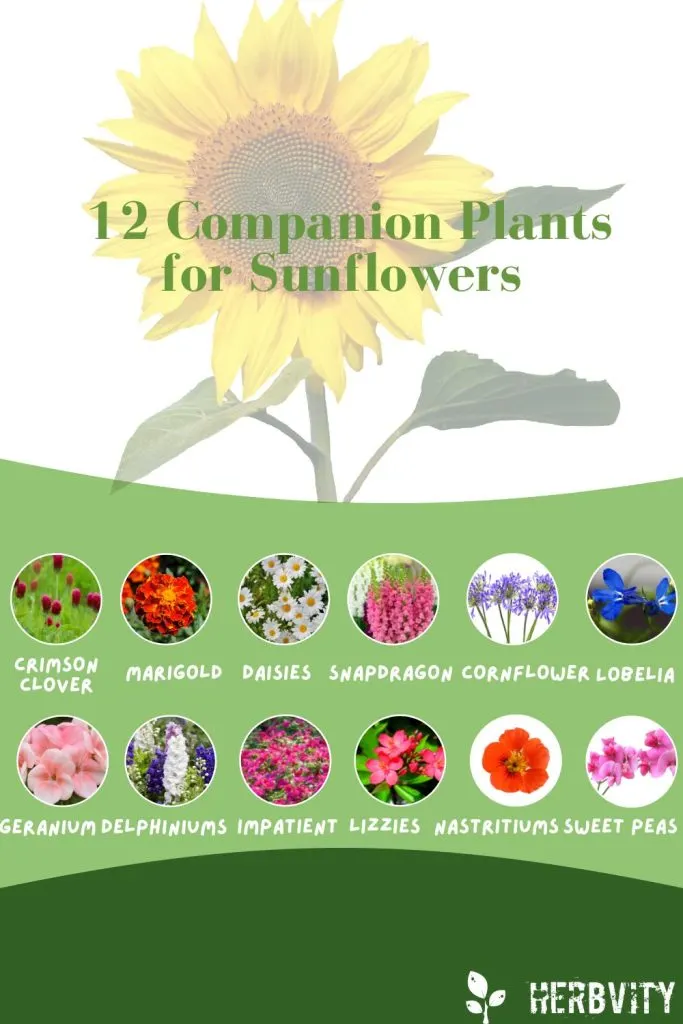
- Pumpkins and squash: These plants help to suppress weeds and attract pollinators.
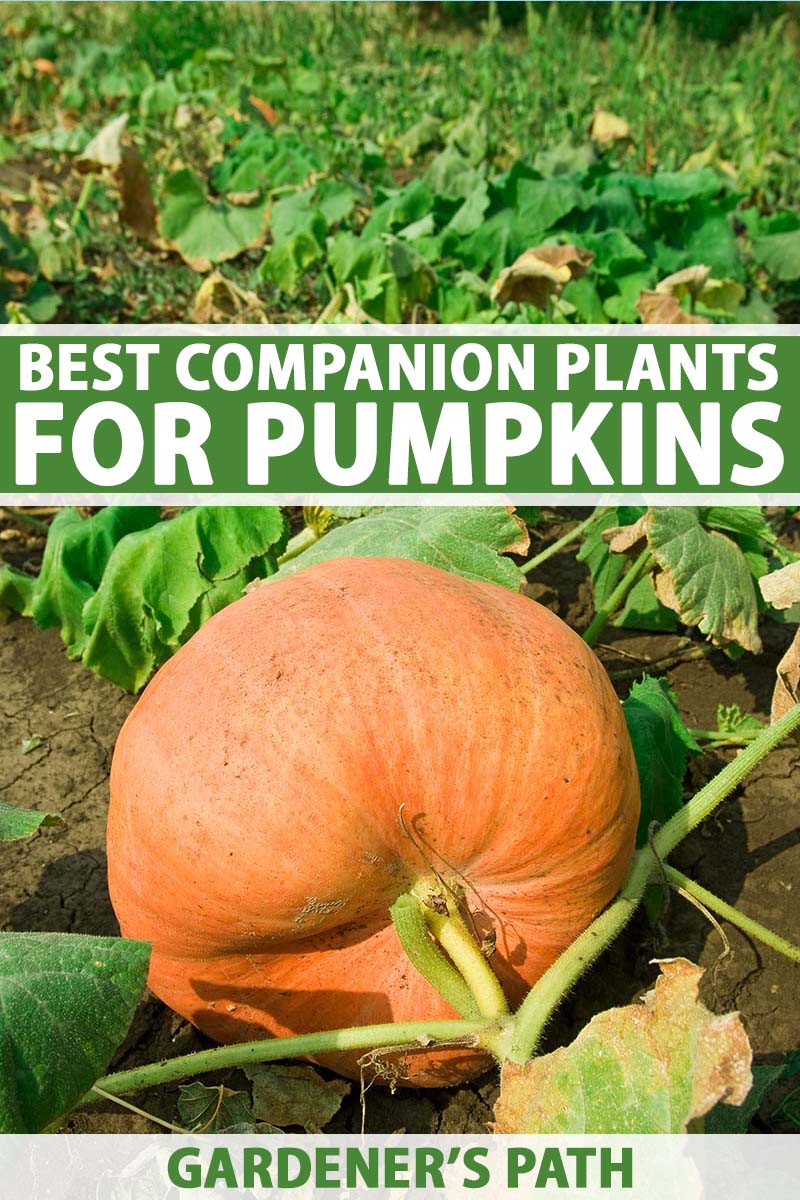
- Corn: Corn provides support for sunflowers and helps to deter pests.
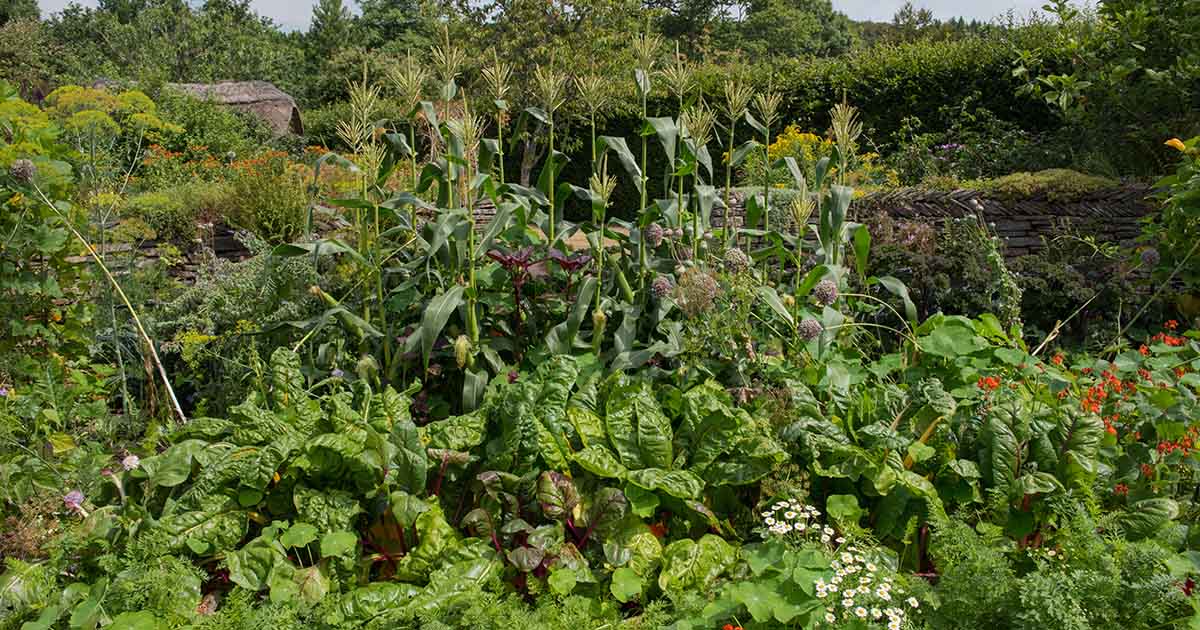
- Lettuce: Lettuce helps to shade the soil and prevent it from drying out.

- Tomatoes: Tomatoes benefit from the shade of sunflowers and can help to deter pests.

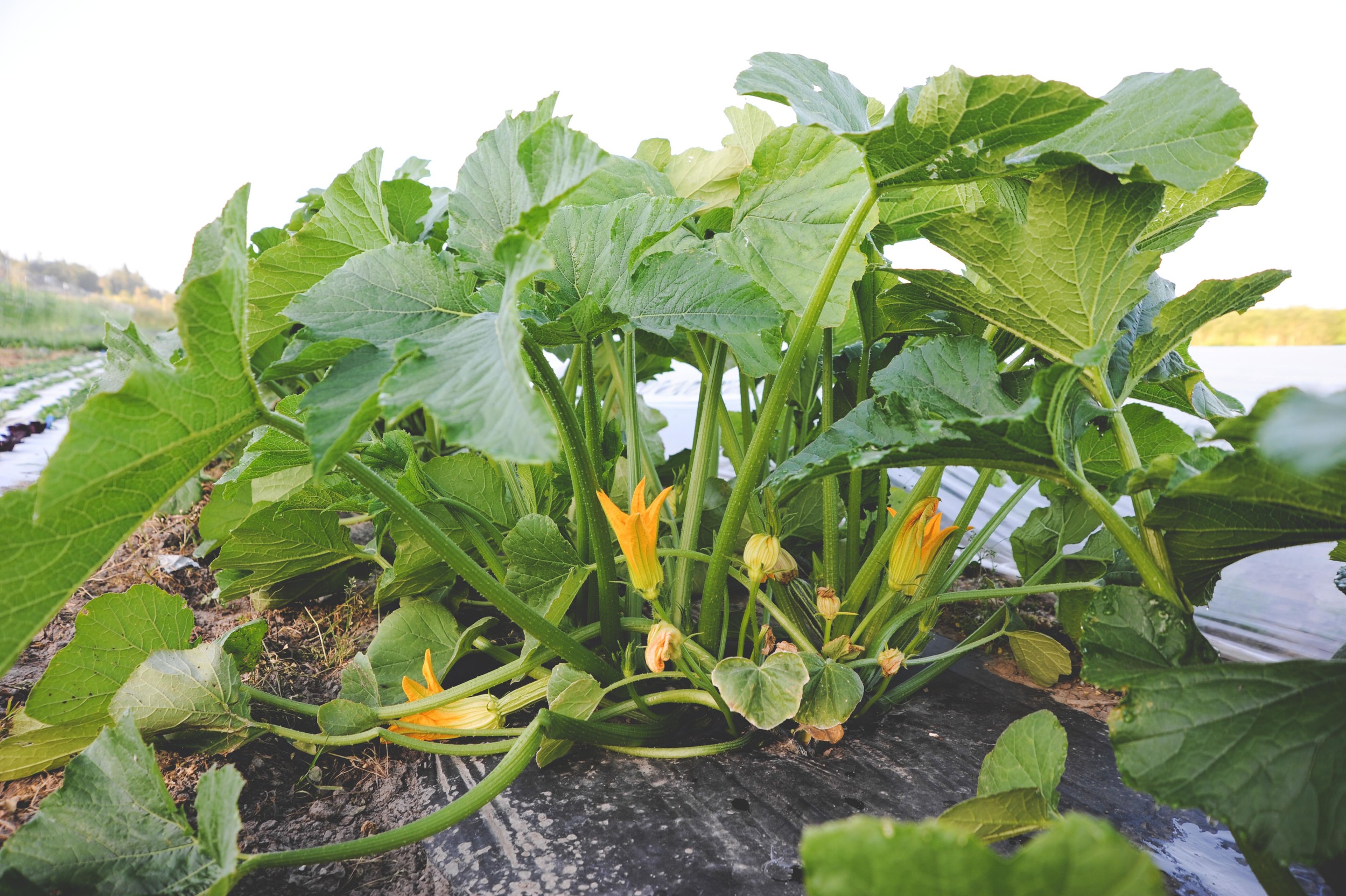
Post a Comment for " Best Companion Plants For Sunflowers"